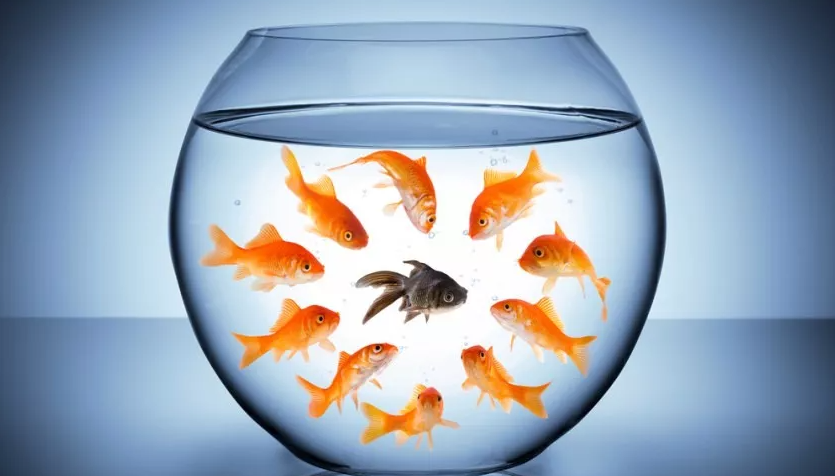Iranian Racism:
The Real Problem Lies Not in Arabs but in Islam and Its Fundamentalists

Racism is a profoundly destructive form of discrimination, characterized by an intense, often violent, and powerful behavior towards people based on their race. Any ideology that asserts one group of people as inherently superior or inferior—by birth and not by merit—is a racist belief that undermines equality and denies others their fundamental rights.
Iran is a multicultural country composed of people from diverse ethnic, racial, and historical backgrounds. Unfortunately, due to a highly flawed educational system lacking in proper social education, Iran’s state of racism is deeply troubling. Some individuals shamelessly claim racial superiority, assuming they are inherently better than others, much like how animals are categorized by breed. Dogs, for instance, are valued by breed traits—some for rescue work, others as companions due to their appearance. Horses are similarly valued for speed or endurance based on their breed.
One alarming trend among some Iranians is the growing hatred toward Arabs. This misdirected anger, stemming from a misguided understanding, can lead to dangerous outcomes. It’s crucial to distinguish between opposition to Islam and hostility toward Arabs; blaming an entire group based on an isolated grievance is both irrational and unjust. Every nationality, race, language, and religion has both good and bad people. Just as our society has produced individuals like Khomeini, Khamenei, Navab Safavi, and others, foreigners may wrongly judge all Iranians by such figures.
Many Arab countries today don’t enforce Islamic laws as strictly as Iran does. Compulsory hijab, for example, exists nowhere else on earth in the way it is enforced in Iran. Even in Saudi Arabia, foreigners are not required to cover their hair. We cannot blame Arabs for our issues; it’s not about ancient wars but about our present. Many nations, like Germany and England, or Japan and the United States, fought brutal wars yet hold no resentment today and maintain close relations. Our problems do not stem from Arabs but from Islam and its fundamentalist adherents. Among Iran’s own Arabs, many have defended the country valiantly against foreign enemies. Like every other nationality, Arab people include cultured, kind, and humane individuals. Instead of harboring hate, we should be addressing the influence of extremist Islam.
Arabs represent only 22 percent of the world’s Muslim population, and many don’t even consider Shiism a legitimate part of Islam, viewing it instead as a superstitious deviation. Likewise, degrading jokes and labeling different ethnic groups are overt signs of racism, indicative of the ignorance of those who use them. There is no scientific basis for believing one ethnicity to be smarter or superior to others, but unfortunately, a mistaken notion persists that certain groups are inherently “better.”
Racism has inflicted significant damage on human society, and our own society is far from immune. Religious and racial tolerance are values that demand serious attention in Iran. Many nations invest heavily in anti-racism campaigns to prevent ideologies like those of Nazi Germany from re-emerging. Racism threatens to poison societies with divisive, anti-human ideologies once more.
Every free-thinking and rational individual must oppose racism and its manifestations openly and resolutely.
“All humans are members of one body,
Created from the same essence.
If one part suffers pain,
Other parts will also feel it.
If you are indifferent to others' sorrow,
You cannot be called a human being.”
Written on September 8, 2006
Ehsan Tarinia – Luxembourg
